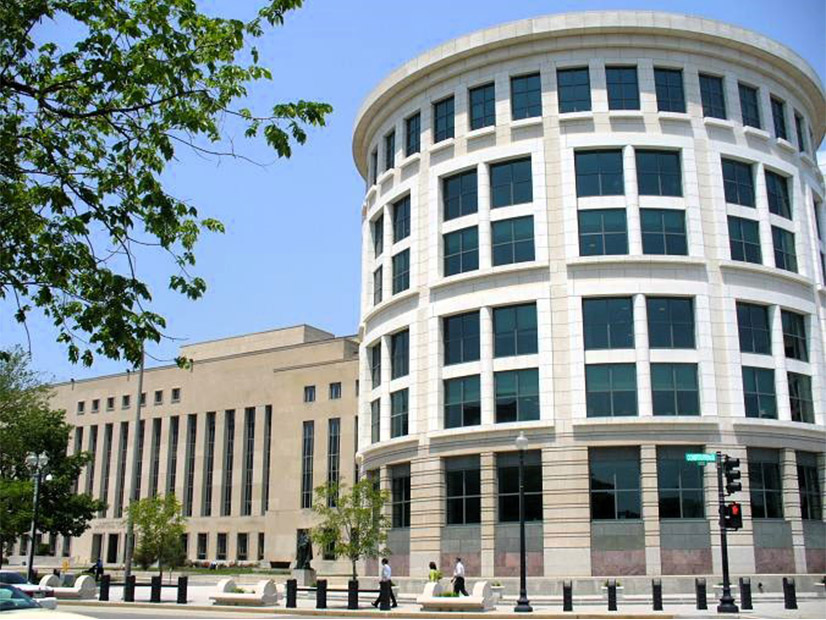The D.C. Circuit Court of Appeals on Friday dismissed a review petition filed by Xcel Energy, on behalf of its Southwestern Public Service (SPS) subsidiary, and Kansas Electric Power Cooperative (KEPCo) over FERC’s rejection of their rehearing requests related to SPP’s filed-rate doctrine (20-1429).
FERC last year denied the SPS and KEPCo rehearing requests of SPP’s assignment of network upgrade charges under Attachment Z2 of its tariff. It said the grid operator did not violate the utilities’ service agreements or the RTO’s tariff. (See KEPCo, Xcel Rehearing Requests on Z2 Fail.)
The utilities argued that Attachment Z2 — which awards credits to transmission upgrade sponsors from any upgrade users whose service could not be provided “but for” the upgrade — required using an N-1 contingency analysis, rather than the reservation stack analysis (RSA) that SPP used. They also said the RTO violated the filed-rate doctrine and tariff because the rate was unclear about how much they would be charged, and because it didn’t identify the upgrade facilities that would meet their requests nor provide them with an estimate of the costs.
The D.C. Circuit denied in part and dismissed in part the review petitions because it said FERC correctly concluded that Attachment Z2 “does not plainly require” the N-1 methodology. It also said the commission’s reliance on extrinsic evidence to determine SPP’s tariff allows the RSA methodology was not arbitrary and capricious, as SPS and KEPCo had alleged.
The court also said it lacked jurisdiction to consider the utilities’ filed-rate doctrine argument because they failed to exhaust it at the rehearing stage.
Applying the RSA methodology, SPP imposed upgrade charges in 2016 that had not been specifically mentioned in the utilities’ service agreements. SPS was billed $12.8 million for 101 creditable upgrades, 96 of which were not included in its service agreement. KEPCo was billed $6.2 million for seven creditable upgrades; none were included in its service agreement.




